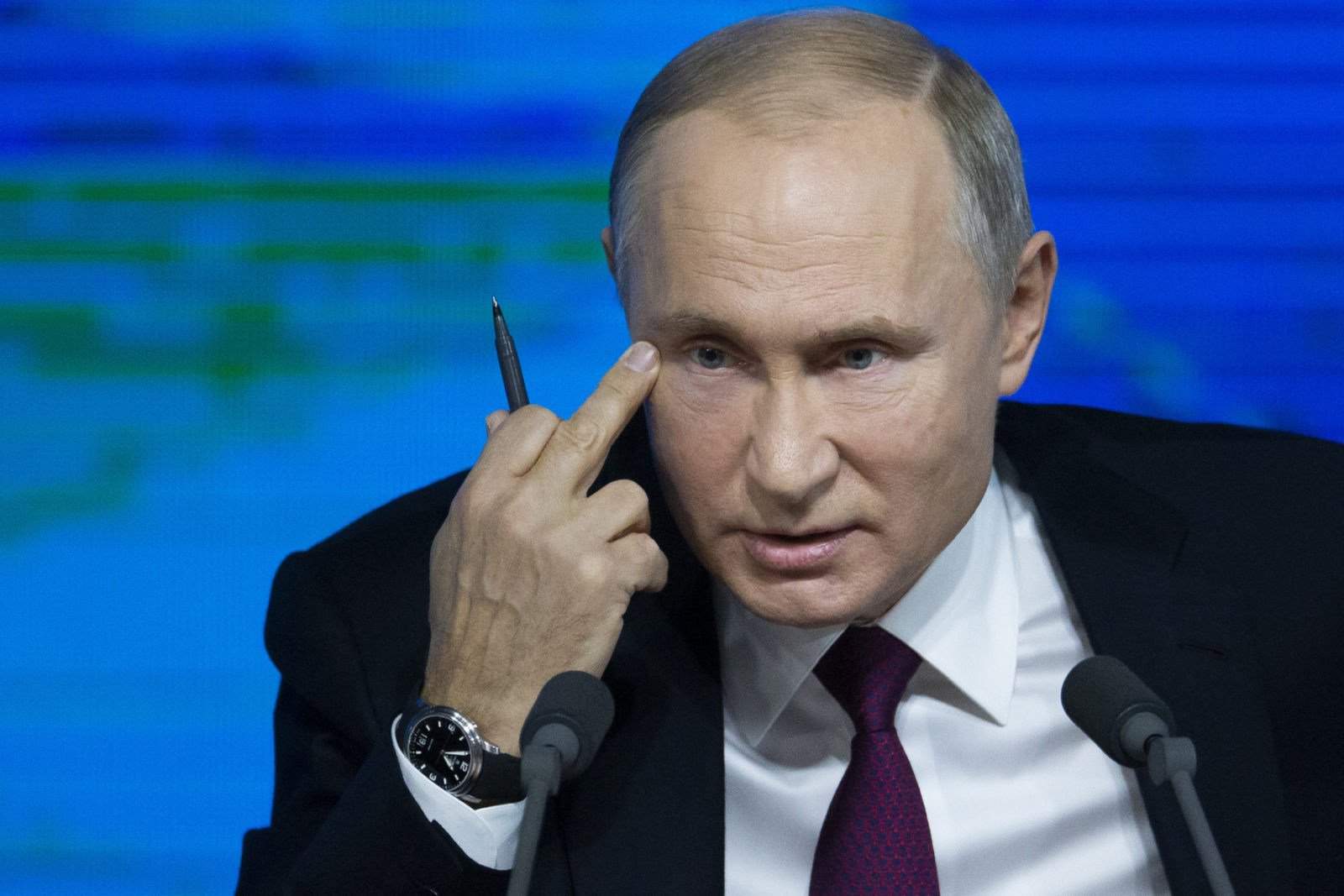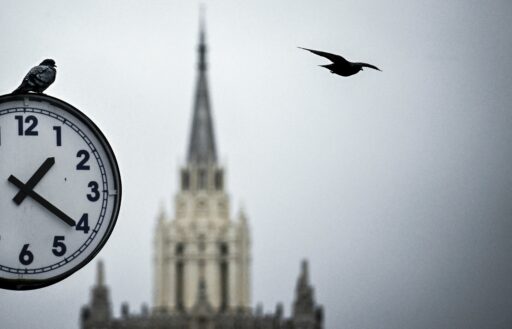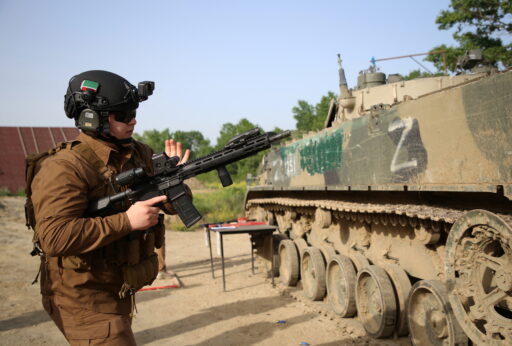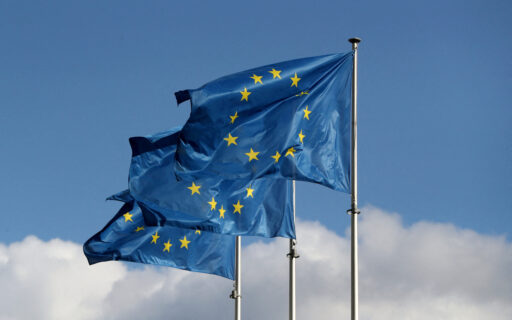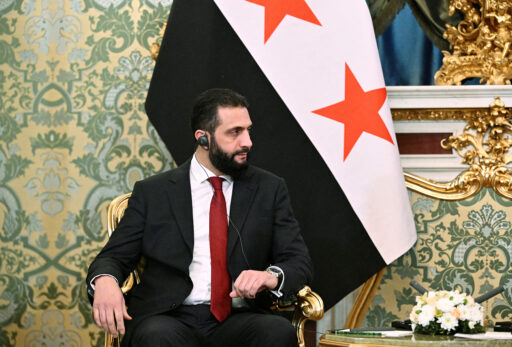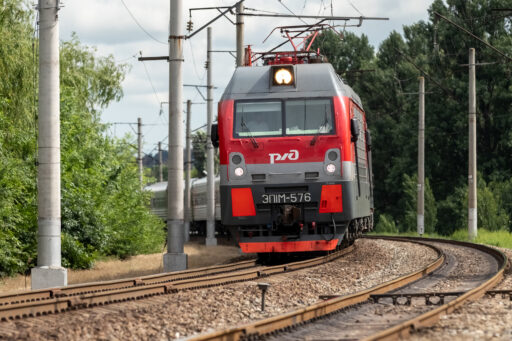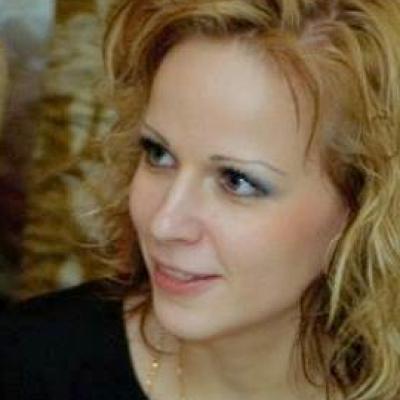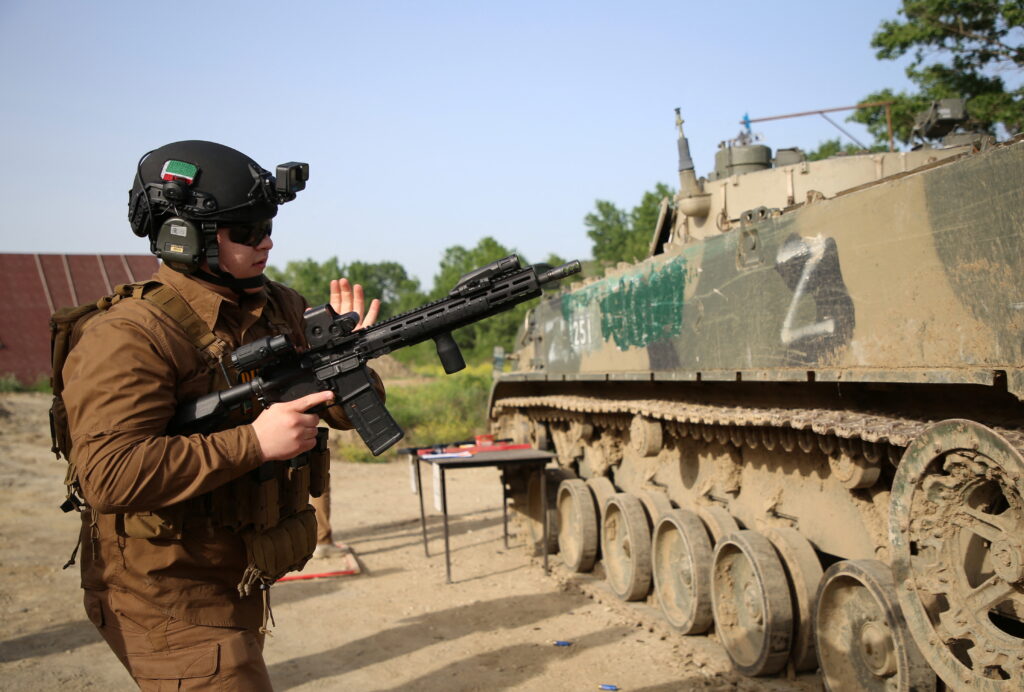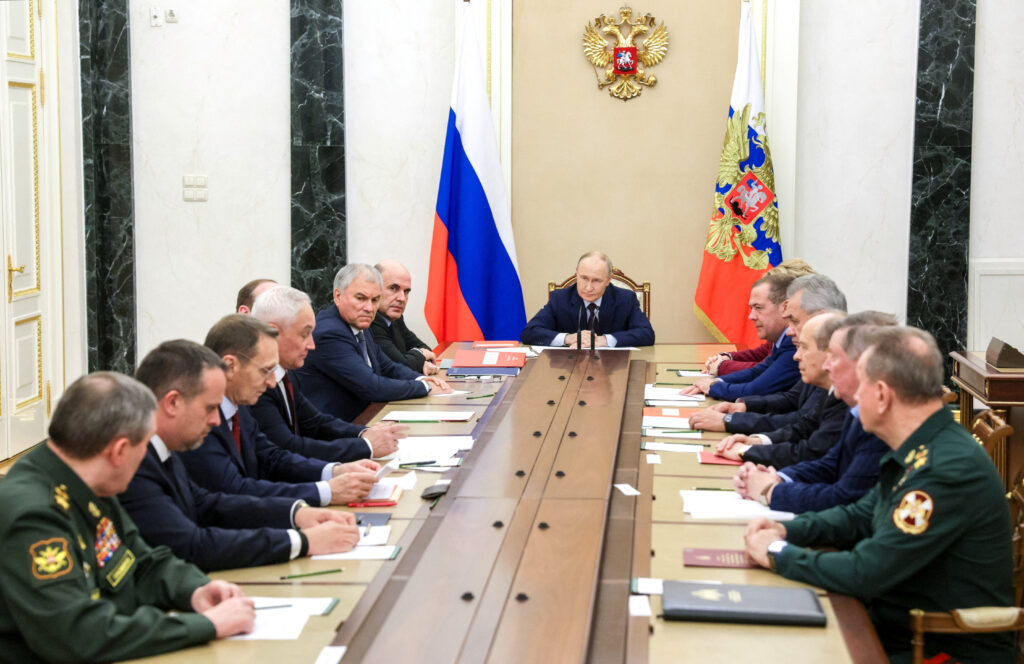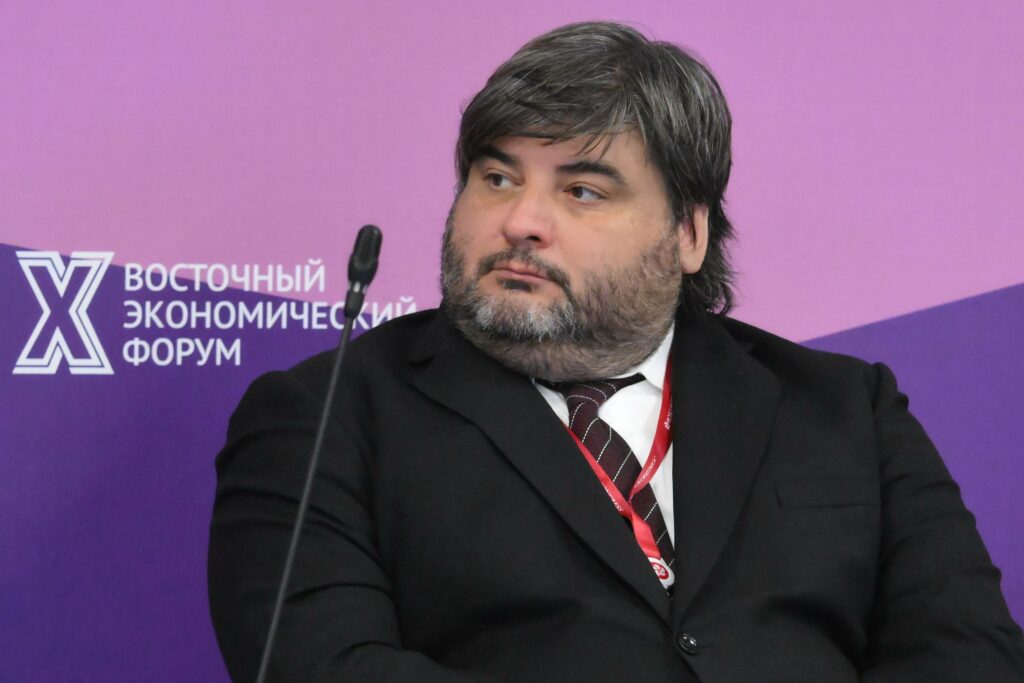2018 was a breakthrough year for Russia. Despite the predictable presidential elections and Vladimir Putin’s easy win, the relative stability of global oil prices and the absence of critical consequences of sanctions, there is a sense that the country is on the brink of profound internal changes. Looking ahead, there are three key domestic political risks that the country will face in the near to medium term.
The first risk is to do with social issues. 2018 heralded a new social contract between the authorities and society. It is based on much more rational, pragmatic relations. Absent from this contract is any positive agenda for the future. Much of it, meanwhile, looks to the past, as the state attempts to make society ‘pay’ for the well-being of the 2000s. The problem lies not only in pension reform. It is about a wider logic taking hold among Russia’s leaders: “We owe you nothing. Learn to survive without relying on the state.”
It is harder now to ensure the high ratings which the president and the ruling party enjoyed in previous years. This means that all those negative tendencies (declining confidence in the president and the institutions) and the defeats of government-backed candidates in 2018 are only the beginning of a much more serious collapse of the social and political mechanism supporting the authorities “from below”. No attempts by the authorities to be (to seem) more modest or ethical will prevent these developments. The Kremlin is unable to offer anything hopeful of great social relevance for the people (and does not even consider it necessary).
The 2019 elections will become one of the main tests for the authorities. But the Kremlin is not preparing for them in earnest. The United Russia party will remain a key pillar for the regime. Yet no new Kremlin parties are likely to emerge. The current “administrators” reject any creative process in the political sphere. One reason for that is they believe it increases the risks of unpredictability and conflict.
So expect the following changes: aggravated relations between the Kremlin and the systemic opposition; an expanded social base of the non-systemic opposition; growing conflicts within United Russia, especially in regional branches. Elections, manageable they as they may well be, will end in ever more frequent losses for Putin’s proxies. There are reasons to expect inter-institutional tensions at the parliamentary level (the Federal Assembly vs. the State Duma). Political diversification, which the Kremlin is detaching itself from, will become a reality.
The second risk concerns obscurantism. It is hard to disagree with a gloomy forecast expressed by Alexey Venediktov, Editor-in-Chief of Ekho Moskvy radio station. In his interview for Esquire, Venediktov said: “Putin’s current term will be obscurantist, I am sure of it.” Few people today are thinking about this. But the changes that are taking place in Russia (declining ratings, electoral defeats, risks of medium-term political destabilisation) trigger serious nervousness among power circles and leading conservatives. The pension reform; excessive leniency towards Alexei Navalny; and permissiveness on the Internet: All are perceived as weaknesses affecting the sustainability of the system. All call for urgent action.
It is no coincidence, therefore, that the last month of the year saw the emergence of draconian bills designed to protect the authorities from unauthorised criticism. Others ramped up pressure on Internet providers. Debates went ahead about the banning of rap concerts, and the arrest of Lev Ponomarev. These are all signs of the self-preservation instinct among the most conservative sections of the regime. These sections are not only afraid of change; they also panicky about unpredictability. Many seem intuitively aware of Putin’s becoming “politically worn out” in domestic politics.
The third risk? Conflicts within the elites. Putin remains preeminent on the foreign policy front. The lack of prosperity over the last few years mean elites need to survive in the face of growing uncertainty and shrinking resources. Conflicts will likely develop around state-owned corporations, which are the most insatiable consumers of public resources. Yet, there is more. Observe the tense relations between Rosneft and Transneft. Or between Rosneft and Gazprom; the conflicts between federal groups of influence and elites in the country’s republics; or the situation in the North Caucasus. In political circles, conflicts may include rivalries between security forces (siloviki) and administrators inside the Kremlin. One can also predict a more acute conflict around the speaker of the State Duma Vyacheslav Volodin, whose influence is fading. The emergence of new systemic opposition which has split from the government would not be a big political surprise. It could take shape as a divide within United Russia. Or a new party with those who “disagree” with the Kremlin’s policies (but continue to support Putin). Disagreements within pro-Putin forces on how to “save Russia” will intensify. It could force Putin himself to decide with whom he is going to transit and insure the future of the country.
2019 may become a year of fragmentation in Russia’s political field accompanied by growing international pressure. Sanctions and isolation will continue to take their toll. The stakes in the geopolitical game look set to rise. That will keep Putin from addressing domestic political issues head on. ,Already, the President gets scant briefings about major high-profile cases, such as “Novoye Velichie” or “Set”. He remains aloof from domestic political squabbles, which are important for most progressive groups in Russia.
So could there soon be a first systemic opponent of Putin appearing inside Russia? In general, the notion of “Putin’s systemic opponent” is a political oxymoron. Anything “systemic” must be in Putin’s favour. Yet the moment when the first systemic player (be it a major businessman, a member of the ruling party or a governor) decides to challenge the president will be the first powerful signal that the regime is no longer as strong as it used to be. The main question of the coming year is whether or to what degree Putin will lose his political monopoly.
